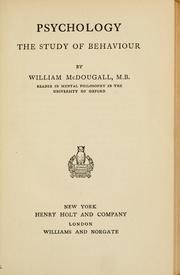
Photo from academic.microsoft.com
Addressing students’ individual needs is a crucial component of inclusive teaching. However, empirical evidence comparing practices such as differentiation and grouping strategies within inclusive, regular and special classes is still… Click to show full abstract
Addressing students’ individual needs is a crucial component of inclusive teaching. However, empirical evidence comparing practices such as differentiation and grouping strategies within inclusive, regular and special classes is still lacking. The present study contrasts these settings using data from the German National Educational Panel Study (NEPS). Data from 1034 teachers (755 regular, 89 inclusive, 190 special teachers) teaching the subject German in secondary school (grade 5 to grade 8) were used. Results show the highest use of differentiation in special school classes. Teachers’ use the majority of grouping practices to a similar extent when comparing the three educational settings. Class size and the number of students with migration background were predictors for teachers’ use of differentiation, whereas patterns of grouping strategies were predicted by students’ gender and teachers’ experience.
Journal Title: Frontiers in Psychology
Year Published: 2021
Link to full text (if available)
Share on Social Media: Sign Up to like & get
recommendations!